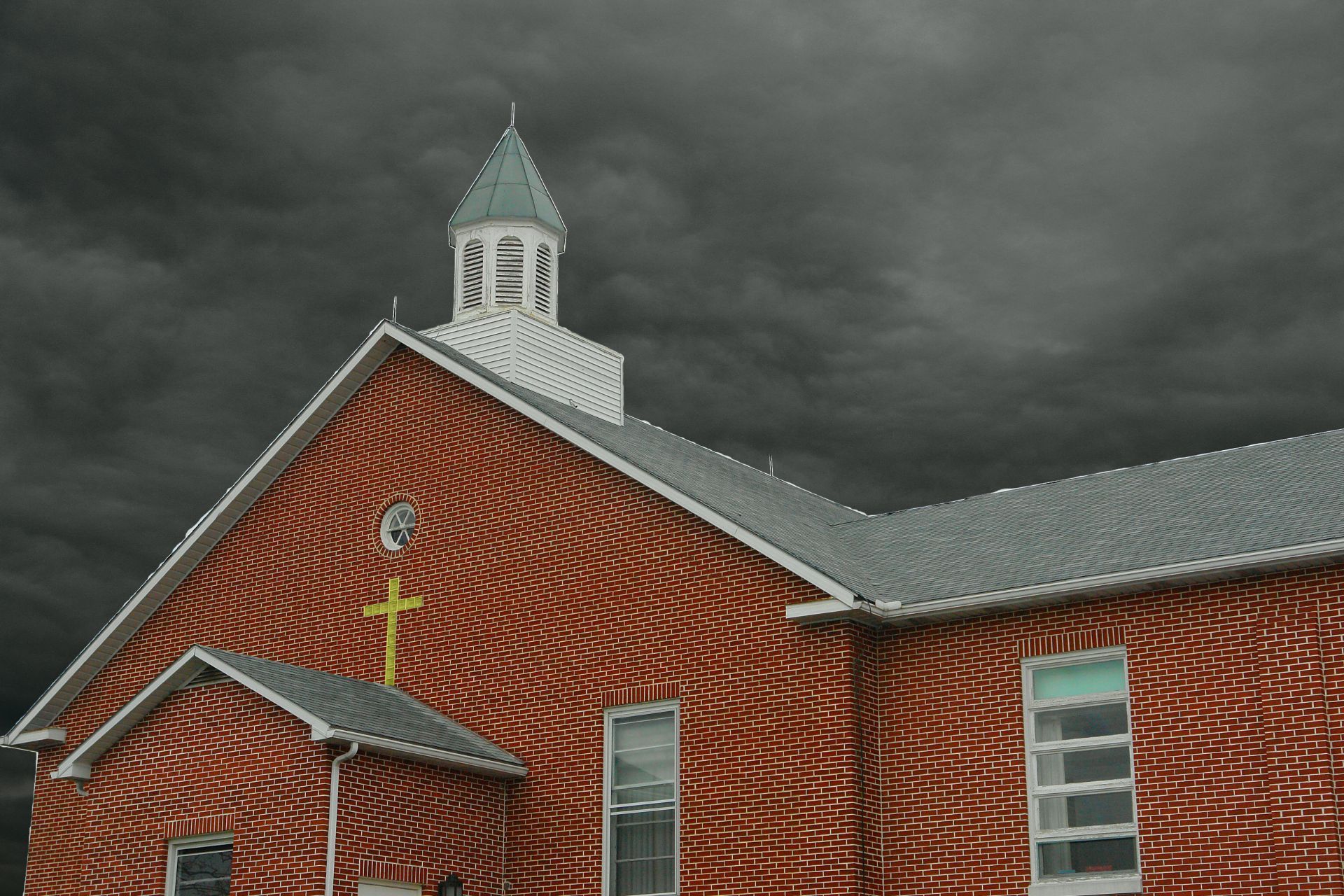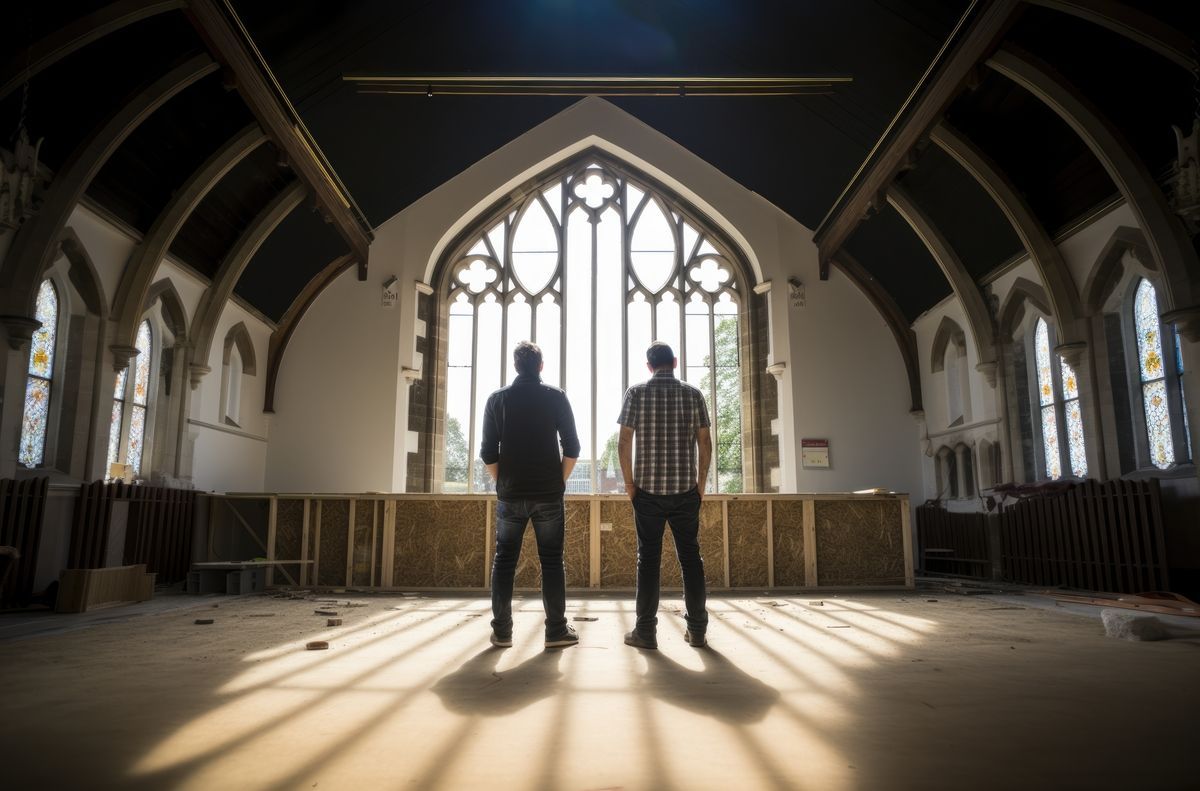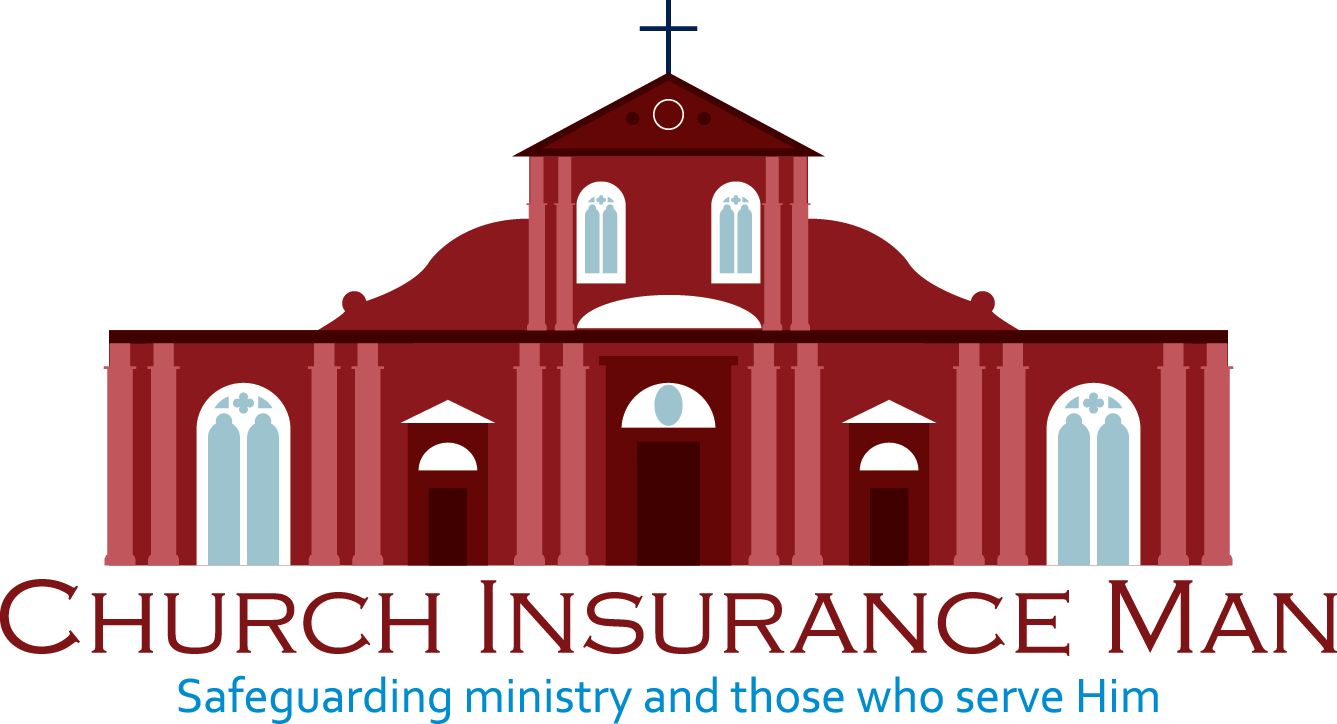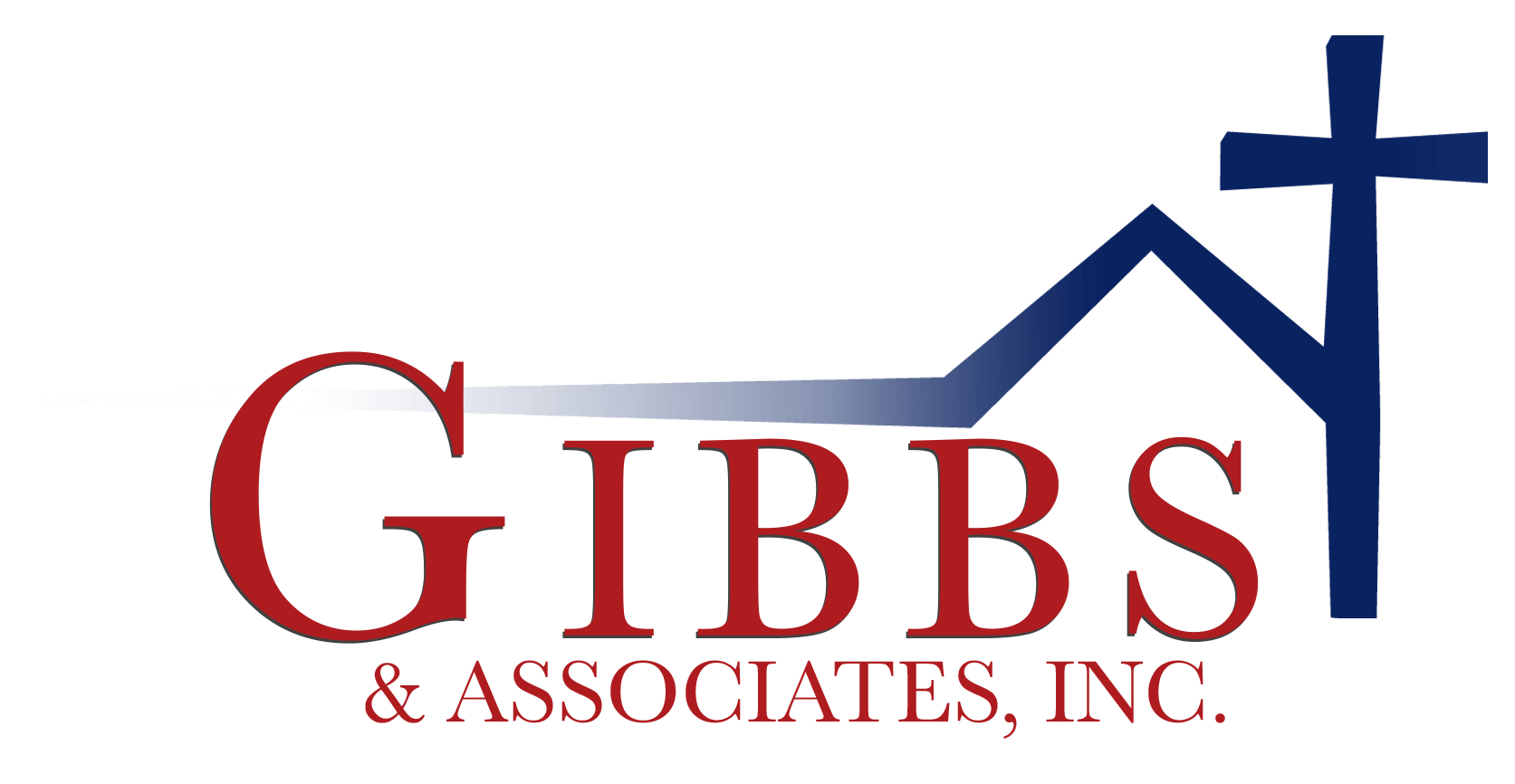How To Buy the Best Insurance for Your Church: A Comprehensive Guide
How To Buy the Best Insurance for Your Church Guide
Churches play a vital role in their communities, offering a space for worship, fellowship, and outreach. With so many activities and services taking place within and around these sacred sanctuaries, it's essential to ensure that they are protected through proper insurance coverage. This blog post will provide you with a guide on how to buy the best insurance for your church, including understanding the different types of policies available, assessing your church's unique needs, and comparing insurance providers to find the best fit for your congregation.
Getting the right insurance for your church can be a daunting task, with numerous providers to choose from and an ever-changing landscape of coverage needs. But fear not, we're here to help! We'll start by exploring the various types of insurance policies available to churches, such as property, liability, workers' compensation, and more. Understanding these options is crucial for determining the best insurance for your church.
By following our expert advice, you'll be well-prepared to make an informed decision when
selecting the best insurance for churches, giving you peace of mind knowing that your house of worship and the people within it are protected.
Understanding the Different Types of Insurance for Churches
Before diving into the process of selecting an insurance policy for your church, it's essential to understand the different types of coverage available to religious institutions.
1. Property Insurance: This type of policy covers damage or loss to your church building, its contents, and any ancillary structures on the property. This coverage may be necessary due to events like fires, storms, or theft. Keep in mind that specific natural disasters, such as earthquakes and floods, might require separate policies.
2. General Liability Insurance: This coverage protects your church from lawsuits alleging injury or property damage resulting from your activities or operations. Examples of liabilities this policy may cover include injuries sustained by a visitor on church property, accidental damage to a borrowed space, or libel and slander claims.
3. Workers' Compensation Insurance: If your church employs any staff members, it's crucial to have workers' compensation coverage. This type of insurance helps cover medical expenses and lost wages for employees who become injured or ill on the job.
4. Directors and Officers Liability Insurance: This policy protects your church's board members and officers from being held personally liable in lawsuits alleging mismanagement, negligence, or breach of fiduciary duty.
5. Sexual Misconduct Liability Insurance: Unfortunately, cases of sexual misconduct can occur in any organization, including churches. This coverage can help protect your church from the legal and financial fallout of such incidents.
Assessing Your Church's Unique Needs for Insurance Coverage
No two churches are alike, so it's crucial to evaluate your church's specific risks and requirements to ensure you're selecting the right insurance coverage. Consider the following factors when assessing your needs:
1. Age and Condition of Your Church Building: Older buildings may require additional coverage to account for the higher likelihood of infrastructure issues, while newer buildings may be relatively low-risk.
2. History of Incidents: If your church has faced property damage, lawsuits, or workers' compensation claims in the past, these historical patterns may require extra attention when selecting coverage options.
3. Special Programs and Activities: Churches that host special events, outreach programs, or youth activities might face additional liabilities. Ensure that your policy properly covers these initiatives and the potential risks involved.
4. Value of Assets: Your church's insurance coverage should reflect the value of its property and possessions. Make sure to include valuable religious artifacts and technological equipment when assessing what needs protection.
Tips on Comparing Church Insurance Providers
Once you have a clear understanding of the coverage your church requires, it's time to evaluate providers and select the one that best meets your needs. Keep the following tips in mind when shopping for church insurance:
1. Research Providers' Reputation: Before signing a contract with an insurance provider, make sure to read customer reviews and testimonies to evaluate their responsiveness, customer service, and claim handling.
2. Evaluate Financial Stability: Check the financial ratings of potential providers through reputable agencies. A stable, financially secure provider is more likely to be reliable when it comes time to pay your claims.
3. Compare Quotes: Request quotes from multiple providers, and compare the coverage options, premiums, and deductibles they offer. This can help ensure you get the best value for your coverage.
4. Ask for References from Other Churches: Talk to other religious institutions in your community to see which providers they utilize and if they have any recommendations for your church.
Frequently Asked Questions About Church Insurance
Below are some commonly asked questions about church insurance:
1. Does our church need insurance coverage even if we don't own property or have staff?
Yes, it's still essential to have insurance coverage for any liabilities that may arise from your activities, such as general liability insurance and directors and officers liability insurance.
2. Does the size of our congregation affect our insurance needs?
Potentially, a larger congregation may increase the need for liability coverage due to the increased likelihood of accidents. Additionally, larger churches often host more events and activities, which could necessitate additional coverage.
Conclusion
Finding the right
church insurance can seem like a daunting task, but by understanding the different types of coverage, assessing your church's unique needs, and comparing providers, you'll be well-prepared to make an informed decision. Remember to review your church's insurance policies regularly and update them as needed to continually ensure the safety and security of your congregation. With the right insurance in place, you can focus on what truly matters - serving your community and sharing your faith with those around you.











